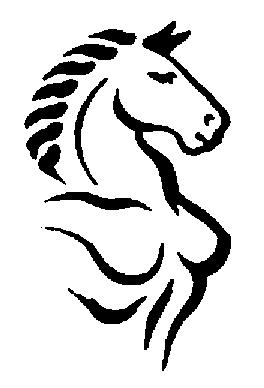 |
|
 |
|
The Métis who are an integral part of the true natives of South Africa have largely been ignored by the world. Historians, anthropologists, and sociologists dealing with race relations have delved into the relationship between the indigenous Khoikhoi (people of people), and the South East Asians and European whites , but almost all have overlooked the consequence. The Métis are the forgotten offspring of colonization. They sprang from the aboriginal populations among whom an influx of white conquerors and imported South East Asian labourers sowed their oats producing a third distinct group of six million racially mixed people. The Church had a deep impact on the lives of the South African Métis. In 1664, the Dutch, German and British missionaries converted the Khoikhoi to Christianity. In the process, the settlers imposed their language and the Métis readily adapted to European culture. George Schmidt a German missionary in Genadendal baptized the first Khoikhoi woman, Vehetgien Tikkuie, giving her the biblical name Magdalena. She helped convert most remaining Khoikhoi to Christianity after the Germans were expelled for their baptisms of natives. Today the churches flourish with Métis in the Dutch Reformed and Moravian churches. Afrikaans, the language spoken by the Métis of South Africa, is one that the Khoikhoi helped create in order to communicate with the Europeans. Recognizing its validity, the Dutch modified the language, polishing it but never acknowledging the Khoikhoi as its source. They used it to their own socioeconomic and political advantage. Afrikaans cannot claim to be a Boer language; it is a derivative of Khoikhoi. It is a blend of Khoisan, Dutch, English, German, French, Spanish, and Portuguese. Ethnic and racial identity symbolized by this distinct language is a very important part of Métis culture and heritage. When I was a child attending school, we were never taught Métis history and the origin of the Afrikaans language. Afrikaans had a deadly effect on the black population. They too believed Afrikaans was a Boer language. Had they been taught the true beginnings of Afrikaans the children's protest that sparked the tragedy of Sharpeville might never have happened. |